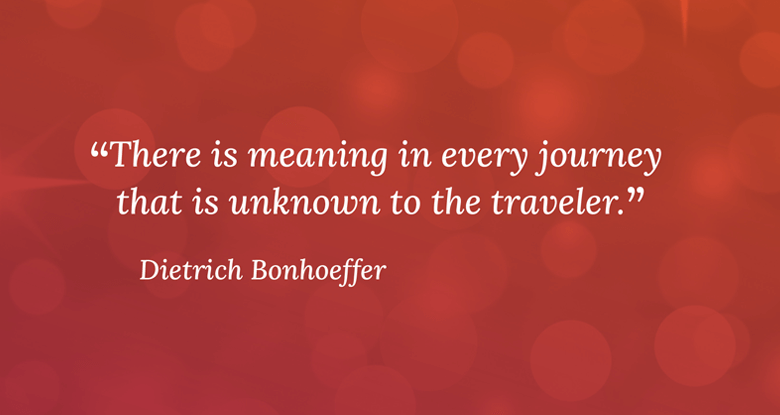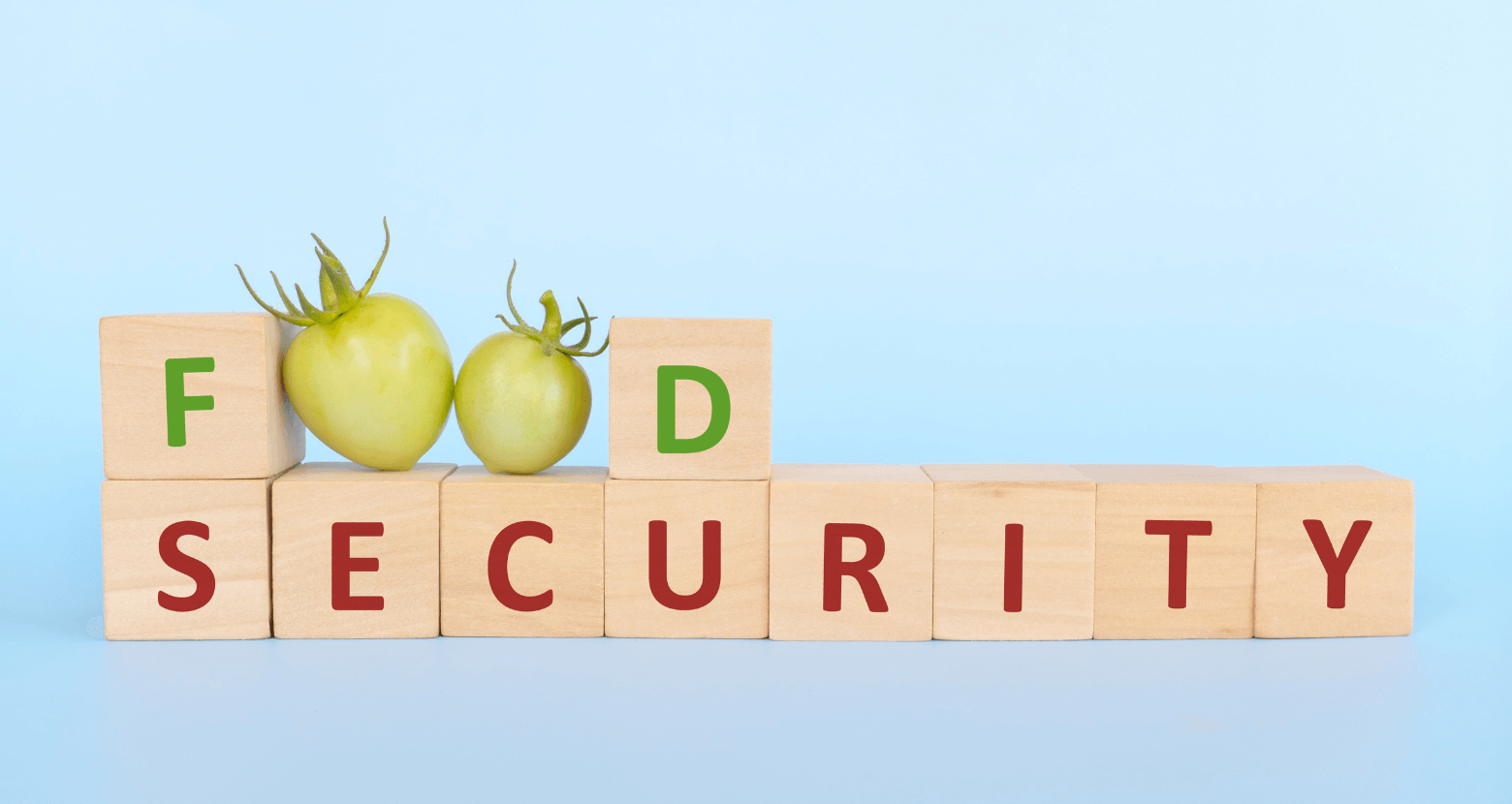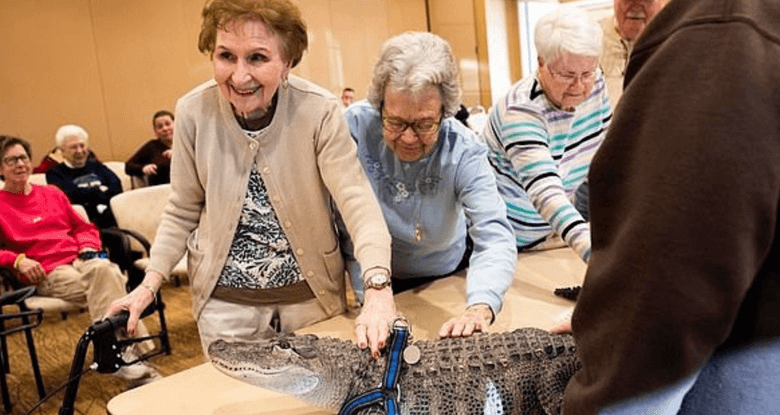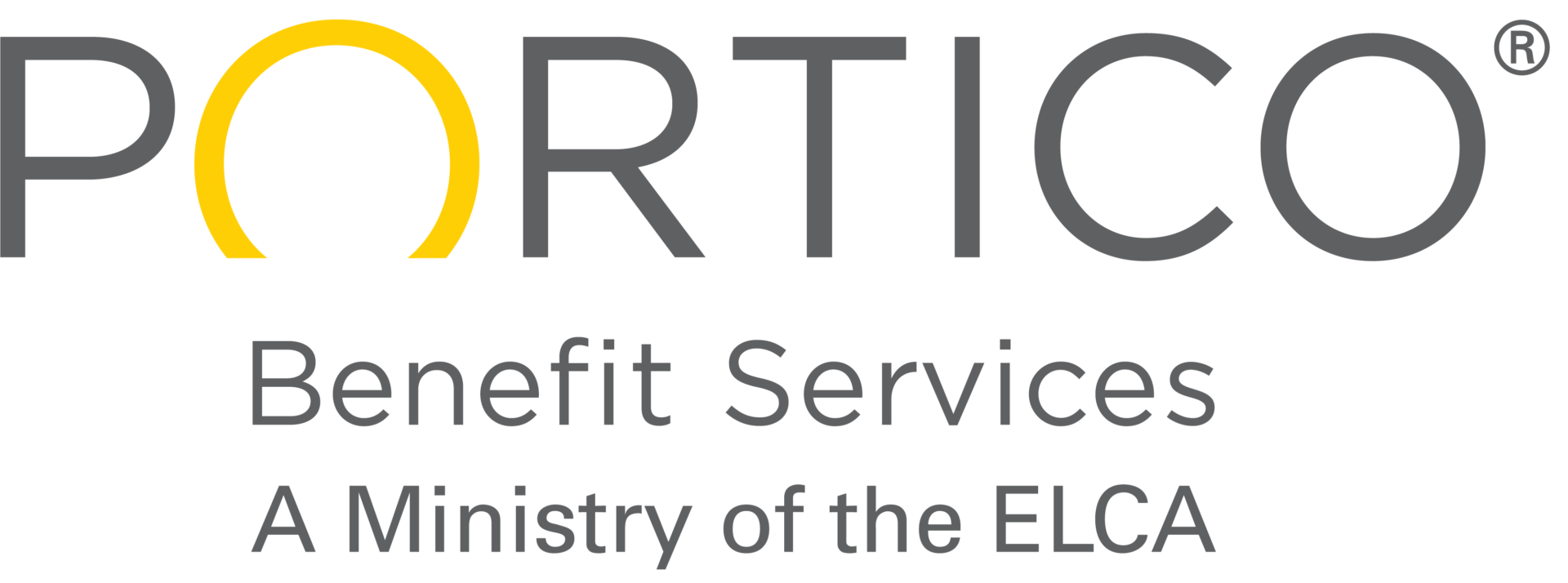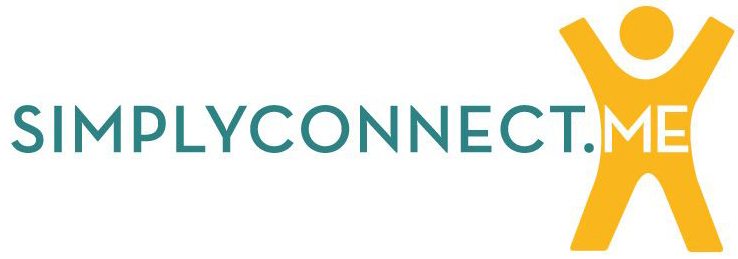As leaders of organizations centered and rooted in faith, we draw strength from each other as we persist in our mission to bring hope and healing to people.
I began a weekly CEO Update at the start of the pandemic because I thought it was important to stay in touch and communicate through a dark and uncertain time. As one of the largest nonprofit health and human services networks that cares for one in 50 people in America, we were hit especially hard by the pandemic.
While some CEO Updates were about important advocacy issues or programs, others were more reflective. I always received feedback from member CEOs on the reflections—notes like “I really needed that today” which kept me going.
One of my board members suggested that I compile the reflections together. As I look back, it’s clear that where we thought we’d be along the way changed—often—and mostly in ways that brought more challenges and hardships to Lutheran social ministry.

What was also clear was the extraordinary leadership, creativity and perseverance that you and leaders throughout the network demonstrated—examples of true leadership to adapt to never-before-seen situations and lead your teams with grace and courage. Lutheran social ministry stood up when we were most needed and you and your teams are the Front Line Heroes that we lift up for your life-saving work.
These Reflections are dedicated to you—for your remarkable leadership and our extraordinary journey together.
